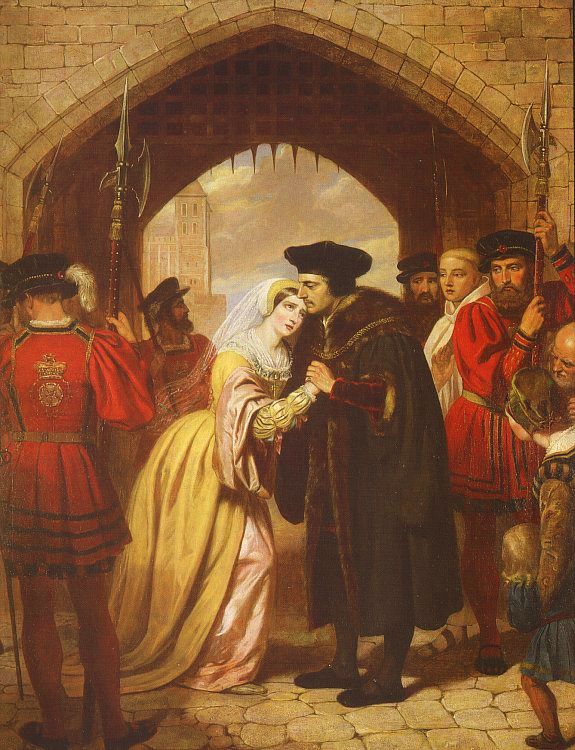READING: St. Ninian, by historian, Mgr. Hugh McEwan,
article in the Scottish Catholic Observer 14.9.1980
A Reading about St. Ninian, 16th September
Whithorn lies in the remote south-west of Scotland, at a key point
between the three kingdoms. On a moderately clear day- there are views of the
coastlines of England, Ireland and the Isle of Man, It must have been a
strategic centre for the pioneer missionary.
Whithorn has played a celebrated part in the religious history of
Scotland; It was visited for centuries by king and commoner alike. Its well-preserved
ruins sum up more than lOOO years of
Scottish Christianity. Like Iona, it is isolated from the modern conurbations,
but unlike Iona, it is part of the mainland.
Above all, Whithorn is our most ancient Christian shrine. It antedates
Iona by almost 200 years. As early as the beginning of the third century,
Tertullian was able to claim that there were regions in distant Britain
impervious to Roman arms but subject to Christ.
St. Ninian, in fact, takes his place with his contemporary, St. Patrick,
as one of the key missioners who ventured beyond the safety of the frontiers to
win converts for Christ.
His achievement may not have been as spectacular nor as enduring as
Patrick's, nor of the later Celtic missionaries, but the vision and courage
are splendid.
The details of his
work are blurred. the. fact beyond dispute. His memory was preserved for posterity
by that most lovable of English saints, Bede·of Jarrow, who records the
tradition; more than 300 years later, that the southern Picts had accepted the
gospel at the preaching of Ninian, "a most revered bishop and holy man of
the British nation who had learned the mystery of truth at Rome".
Bede adds the information that Ninian was buried in his cathedral church
which was dedicated to St. Martin of Tours and commonly known as the White
House (Candida Casa) since it possessed a church of stone, unusual among the
Britons.
From ruined sites in various parts of Scotland, scholars have
conjectured that the main scene of Ninian's activity lay in the Lowlands of
Scotland and on the east coast, notably in Perthshire and Angus, the home of
the southern Picts.
All this gives Ninian a central point in the history of Scottish
Christianity and provides us with a proud (if neglected) link with the early
church. The age in which he lived may be shrouded in a Scottish mist, but of
the church which produced him we know a great deal. We know it from the fertile
Christian literature of the time, not least from the letters of his
contemporary, St. Jerome, which are as vivid today as when they were first
penned.
The church of that time lived in a world which has curious parallels
with ours. It was a time when the old order was being broken up, giving way to
a new world. S1. Jerome was to write broken-hearted from distant Palestine when
he heard the incredible news that Rome had fallen to the barbarian.
It was a time when the church was learning to cope with peace and
official establishment, a time of easy conquests, numerous converts and falling
standards. It was a time of violent polemics about the personality and divinity
of Christ.
One of the key figures of the age was Arius who wrote, with acceptance
to many, of a Christ who was nearly, but not quite, God. It was the time of the
great Councils which decided these issues and are accepted today by a divided
Christendom. The church of S1. Ninian produced the Nicene creed which we
profess at every Sunday Mass.
The Scotland of St.. Ninian may be almost pre-history, but the drama of
faith remains the same. You can only be open to the future if you are rooted in
the past and in the tradition of the church.
Mgr. Hugh McEwan,
Scottish Catholic Observer 14.9.80
Scottish Catholic Observer 14.9.80
+ + +
15 Sep 2009
Tuesday, 15 September 2009. Scotand First Saint. 16th September. Saint Ninian, Scotland's First Saint. The Whithorn Trust was established in 1986 - explores the writings of the Venerable Bede ... www.whithorn.com/saint-ninian.htm. St. Ninian: (NINIAS, NINUS, DINAN, RINGAN, RINGEN). Bishop and confessor; date of birth unknown; died about 432; the first Apostle of Christianity in Scotland. The earliest account of him is in Bede (Hist. Eccles., III, 4): "the southern Picts received the ...









